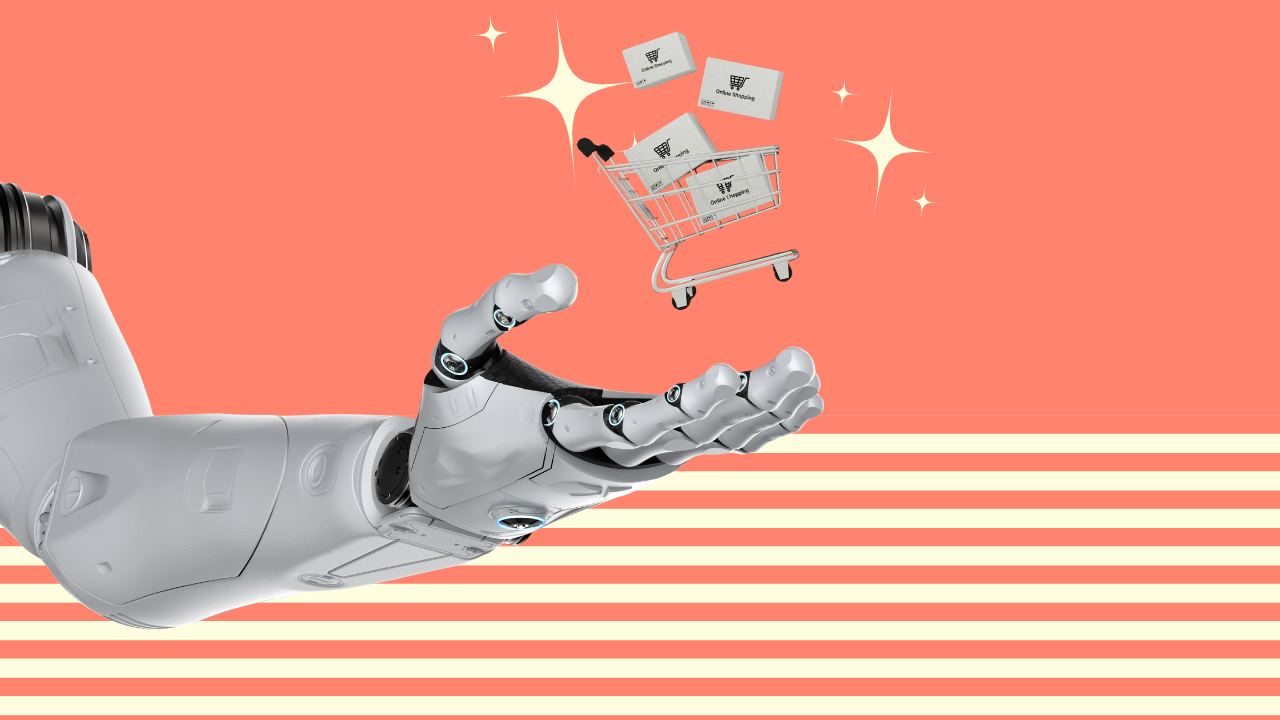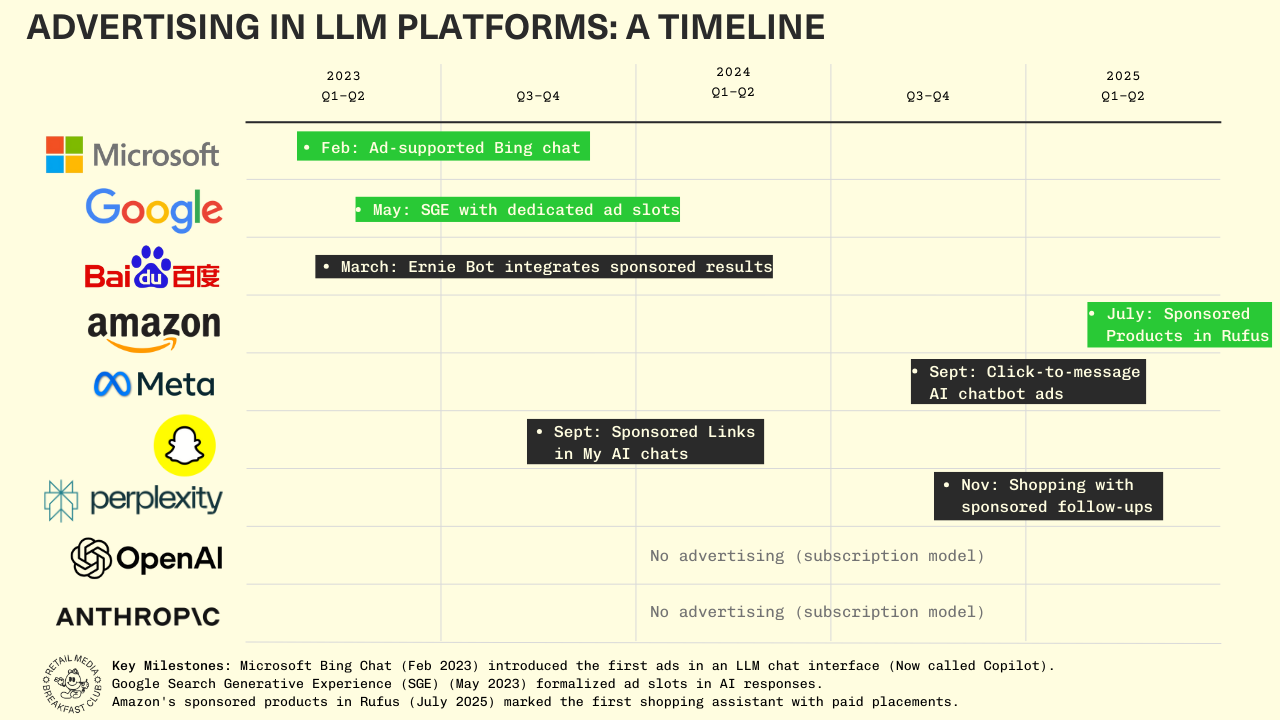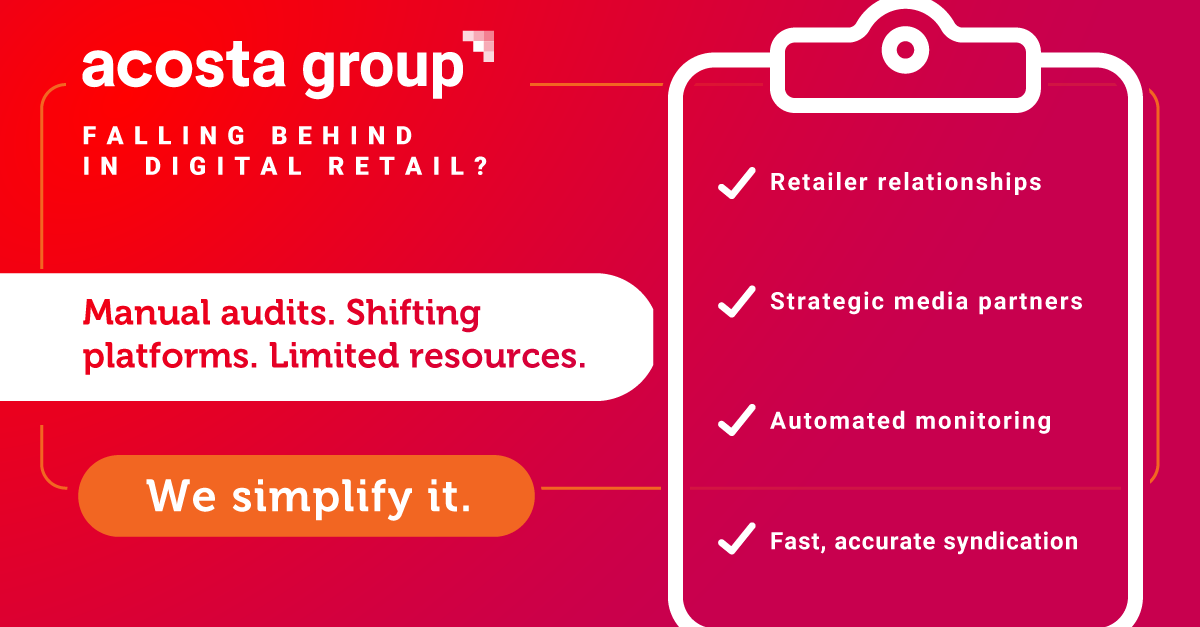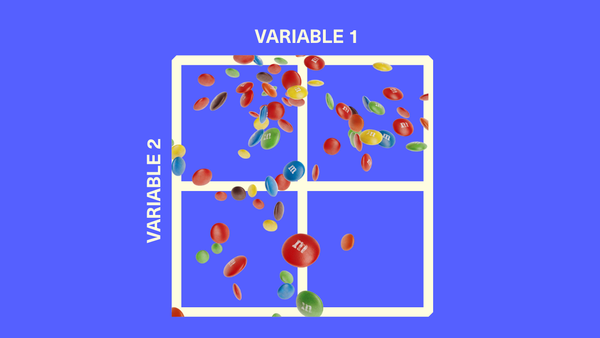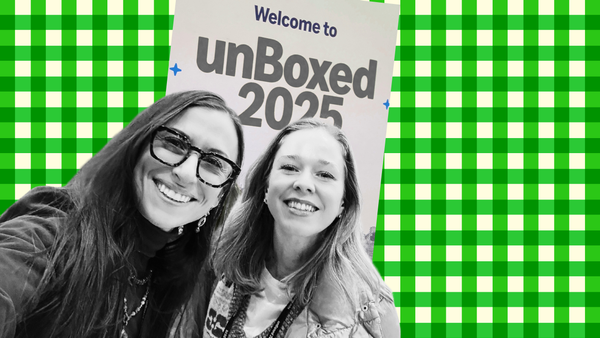AI-Enabled Shopping Hits 74% Adoption
New panel research shows that consumers are familiar with AI and are starting to use it throughout their shopping journey, and while familiarity with agentic commerce is low, most consumers are interested in the concept.
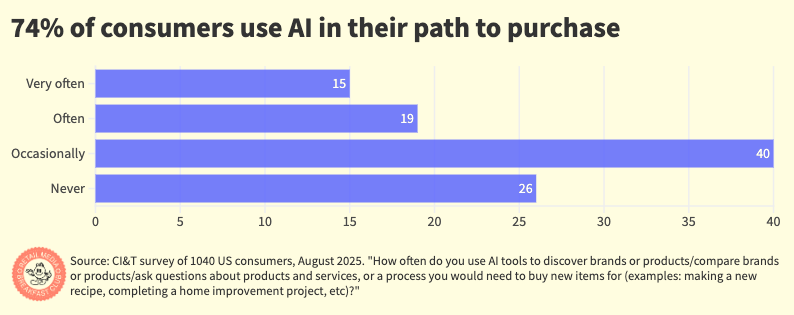
Three-quarters of consumers now use AI tools in their shopping journey—a new high-water mark that shows AI shopping has hit the mainstream. But there's a disconnect brewing: these same consumers say they don't want commercial influence in their AI recommendations, even as brands pour billions into retail media because it works.
Today's post recaps my personal highlights from the Retailgentic podcast that was released on September 25. Host Scot Wingo interviewed Melissa Minkow, Global Director of Retail Strategies & Insights at CI&T.
Three-Quarters of Consumers Are Already AI Shopping
Melissa Minkow shared fresh data from CI&T which reveals a new milestone in consumer behavior: 74% of consumers now use AI tools in their shopping journey at least occasionally. 26% say they haven't incorporated AI into their path to purchase.
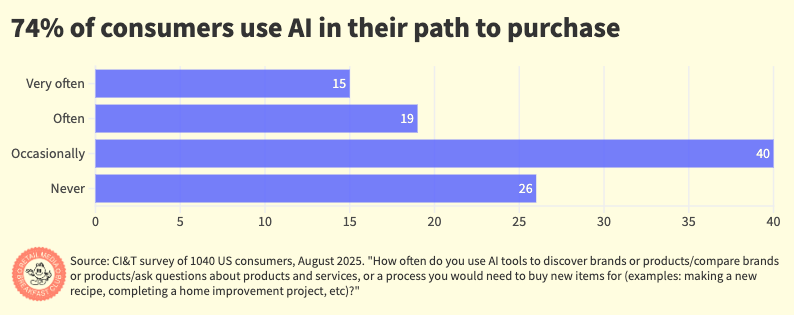
This research was based on a sample of 1,040 US consumers.
When podcast host Scot Wingo noted that 60% was the highest adoption rate he'd previously seen, Melissa's 75% figure represents what could be the new high-water mark for AI shopping adoption.
The CI&T research also found low familiarity with the term 'agentic AI,' with only 21% of respondents having heard the term and knowing what it means. But when agentic AI was described in a retail context, most respondents were interested in the concept. Most were interested in using it for 'routine household purchases.'
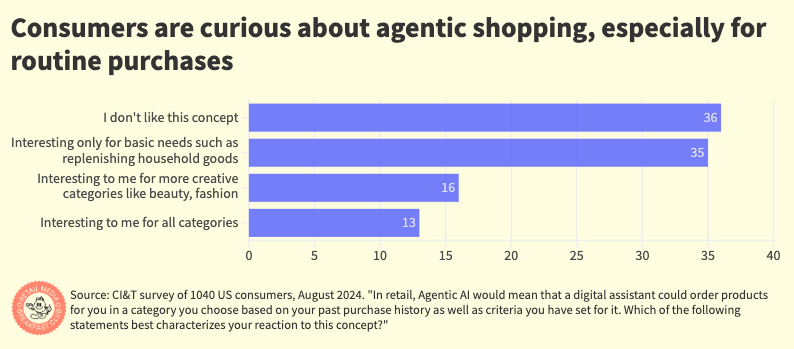
Do Consumers Really Hate Ads?
The conversation showed a gap between what consumers say about ads and how businesses actually perform. Melissa said her research found that the primary way consumers feared AI would lower the quality of the shopping experience was by having some sort of agenda in terms of what it shows to them.
"I really caution against these third parties doing that because it will completely erode their credibility along the path to purchase," she added "And I think Amazon is a great example of the fact that consumers have trained themselves to not just click the first thing that they see."
Scot agreed, saying Amazon has "totally jumped the shark on ads," saying that retail media networks have "tipped over into eroding trust and the experience."
I largely disagree with this take. Yes, consumers complain about ads - especially on Amazon where large swaths of the web and app interface is devoted to sponsored placements. But complaints don't equal business impact. The numbers show something else though.
Amazon has posted 20%+ growth in their ads business every year since they started reporting on it. Brands don't continue to throw money at a broken system—they're investing because these ads deliver measurable returns. I covered academic research earlier this year that analyzed over 122,000 brands on Amazon found that different ad formats consistently drive awareness, consideration, and revenue across brand sizes. The data is clear: these ads work.

The real issue isn't ad volume—it's ad relevance. When you're in-market for a certain product or category, or already a known customer of a certain brand, an ad sharing a new variation can feel genuinely helpful. The friction happens when ads feel disconnected from intent or when promoted products don't deliver on their promises.
All that said, the stated preference of consumers – per Melissa Minkow's shopper panel – may tell us that consumers want to know their agent isn't being compensated for recommending something. And I certainly agree with that.
Acosta Group’s retailer intimacy is legendary—merchants answer their calls. You're not going to find that access at the same scale with any other partner out there. That expertise with both retailers and shoppers fuels its Connected Commerce team, which offers digital shelf, retail media, and data analytics all under one roof. Tap into 100 years of retailer relationships and award-winning digital commerce capabilities. Learn more at Acosta.Group
AI Agents Hate Ads (For Now)
So consumers say they hate ads (but still buy from them). But you know who is truly not buying products from ads? AI agents.
Scot referenced recent academic research showing that AI shopping agents organically avoid sponsored listings.
This research came from researchers at Columbia and Yale, which I covered a few weeks back, which found AI agents penalize sponsored products by 8-14% in selection probability. The agents weren't programmed to avoid ads—they just organically developed this bias.
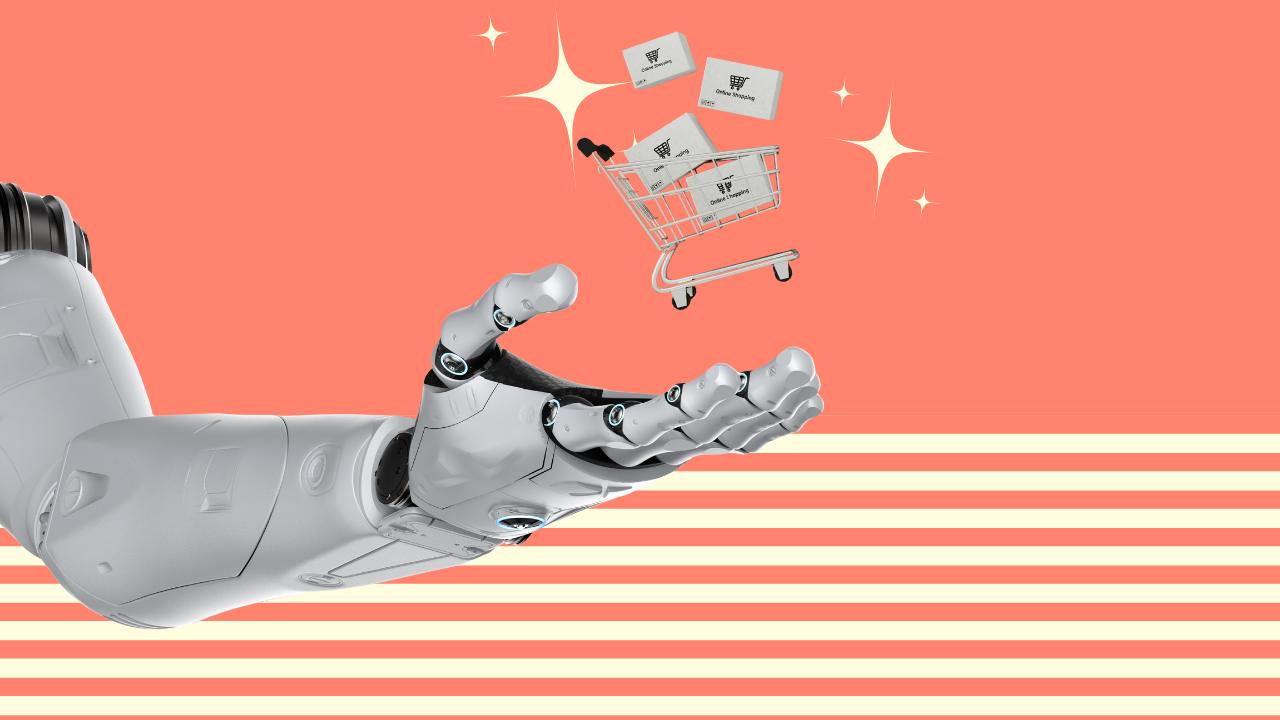
This won't persist. As AI platforms compete for users, they'll need to deliver genuine value—sometimes that genuinely IS the sponsored product offering the best deal or solution. An agent that categorically dismisses sponsored items will miss legitimate opportunities, frustrating users who discover better options later.

More importantly, wherever consumers spend time, advertising follows. Major LLMs will eventually roll out advertising models because the economics demand it. The same way Google evolved from "10 blue links" to a sophisticated ad ecosystem, AI platforms will find ways to monetize attention while maintaining user trust.
A Three-Agent Future
Melissa then shared a framework for thinking about different AI agents. She identified three distinct categories, each requiring different approaches to commercial content.
- Third-party agents like ChatGPT face the highest credibility risk from sponsored content. As Minkow noted, integrating paid recommendations could "completely erode their credibility along the path to purchase."
- Consumer-built agents will inherit their creator's biases, including skepticism about advertising. These personal agents will be trained to "avoid those pitfalls" that consumers associate with commercial influence.
- Retailer-owned agents operate in different territory entirely. "If it's the retailer's agent, I think there's a really unique opportunity there to treat it like the rest of the website and obviously promote what makes sense to be promoting through deals, discounts, et cetera," Minkow explained.
The key insight is contextual awareness. When someone interacts with Amazon's Rufus, they understand they're in Amazon's ecosystem. The promotional context is already established. The challenge isn't avoiding commercialization—it's ensuring that commercial recommendations align with genuine consumer value.
As Minkow emphasized, "The consumer has a different mindset with your agent than they do with their own agent, because they're inherently already on your website."
The Real Takeaway
Smart consumers mean retailers need to be smarter too. The 75% of shoppers already using AI tools want helpful recommendations, not obvious sales pitches. The retailers and brands who figure out how to make ads genuinely useful will win this race.
The full data from Melissa's consumer panel can be found on the CI&T website .
More from me on this and related topics:

